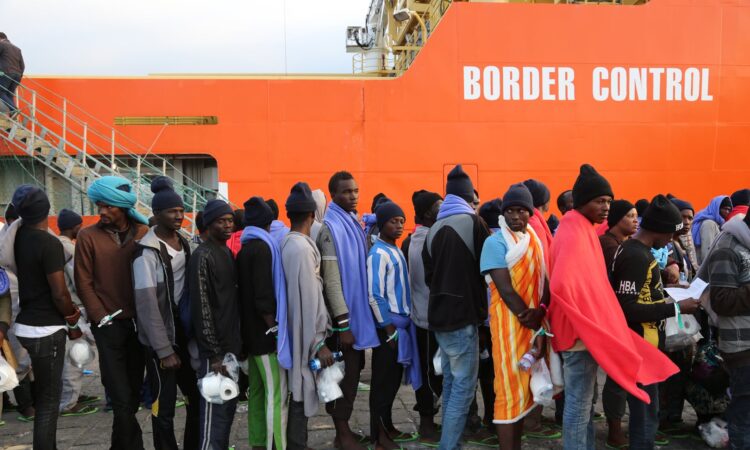
Brussels – More immigration to ensure a prosperous future for the EU: The Centre for European Reform (CER), a think tank specializing in European integration, has published a study according to which immigration from non-EU countries will be necessary to ensure the level of services and the functioning of the European welfare system. Through the ethnic replacement conspiracy theory, radical right-wing parties are trying to curb the entry of migrant people into the Union. This belief, the research argues, in addition to being unsupported by any scientific evidence, pushes for implementing Zero Migration policies, which CER says will prove harmful.
Internal mobility within the EU enabled the development of the Union itself. Northwestern countries attracted people migrating within Europe; thus, those who went to Germany or Belgium helped the state they arrived in by supporting its taxation and economic growth. At the same time, through remittances, migrant people sent money that helped the home country grow and develop. Initially, the countries of emigration were the southern states such as Italy, Spain, and Greece, but then, especially after the 2004 enlargement, they became the former Soviet states of the East.
However, internal mobility collapsed over time. Remittances and the process of economic integration have brought higher wages in the various European emigration countries, thus eventually disincentivizing worker mobility. The ageing of Europe’s population, which has increased pressure on the welfare system, is forcing states to make difficult choices: increase the retirement age or reduce check figures. One possible way out, according to CER, would be offered by non-EU emigration. Bringing young workers into the Union would support economic growth and make an important contribution to the welfare system.
From this perspective, immigration should also be a resource for Italy—the EU state with the highest average age. The CeSpi, Centre for International Policy Studies, also came to these conclusions with its Mentor2 report. Another aspect brought to light by the Italian think tank is the importance of the context in which the migrant person starts working: the more cosmopolitan and open to cultural exchange, the more chances for better integration.
The current economic situation, with labour shortages, is already affecting the management of the migration system. The CER report points out that “Employers are increasingly looking for workers from non-European countries to fill vacancies,” but not only that: according to the think tank, in the near future “the choice between ethnic homogeneity and prosperity is likely to become even more complicated.”
English version by the Translation Service of Withub






